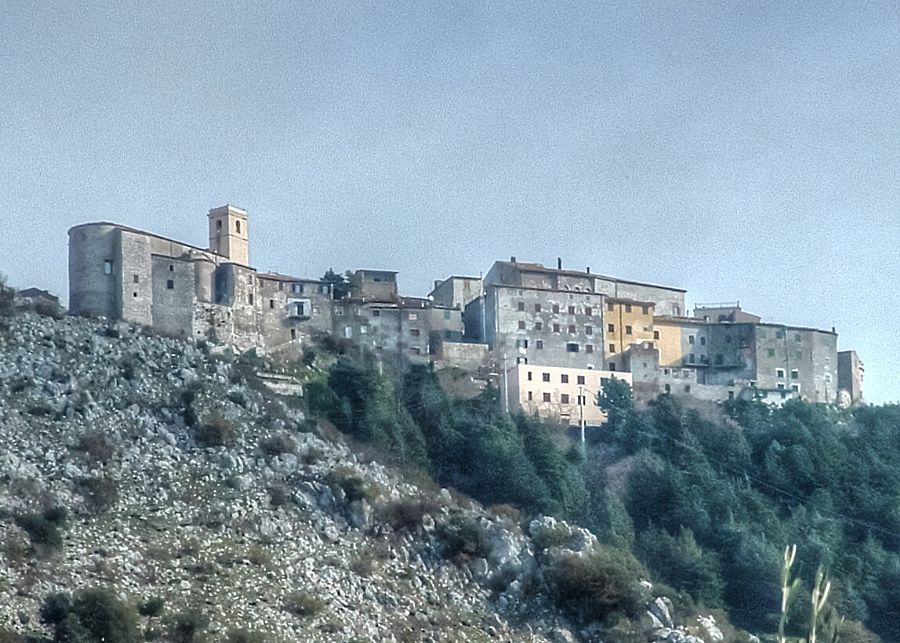Fiuggi

Fiuggi has perfectly preserved its rustic charm throughout the centuries, protecting the immense natural beauties from the risks of pollution. The thick chestnut woods are not just a great natural heritage, but also the best protection of its hydro-geological system. Located between Rome and Naples, Fiuggi enjoys an enviable climate. Streets, gardens, parks are elements of an harmonic mix of man-made and natural complexes that surround the precious waters and favour amusement and relaxation.
Originally called Anticoli di Campagna, the obscure conglomerate of stone buildings gained renown as early as the 1300s, when Pope Boniface VIII claimed his kidney stones had been healed by the mineral waters that gushed forth from the nearby Fiuggi spring. Soon the miraculous acqua di Fiuggi was being sent in bottles to all of Europe's royalty. Not until the turn of the XXI century did it become fashionable to make pilgrimages to spa towns, and it was around that time that the King of Italy renamed Anticoli in honour of its most celebrated attraction.
Today Fiuggi is a classic Italian hill town, beginning with its layout as two separate towns. Blanketing the slopes at 2500 feet above sea level is the medieval old town, called Fiuggi Città. At its feet is the XX-century spa town, called Fiuggi Fonte, where you can test the waters for yourself and admire many beautiful façades painted with the delicate Liberty style that was so popular in Italy from 1910 to 1930.
Fonte Bonifacio VIII and Fonte Anticolana are the main thermal resorts. Like all Italian spa towns, Fiuggi has lots of great shopping, and plenty of good restaurants serving healthy local food.
Have a look at our apartment rentals in Rome and Latium.

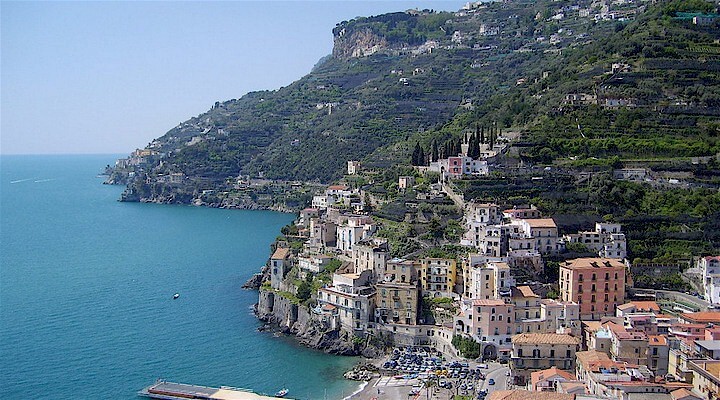 Amalfi Coast
Amalfi Coast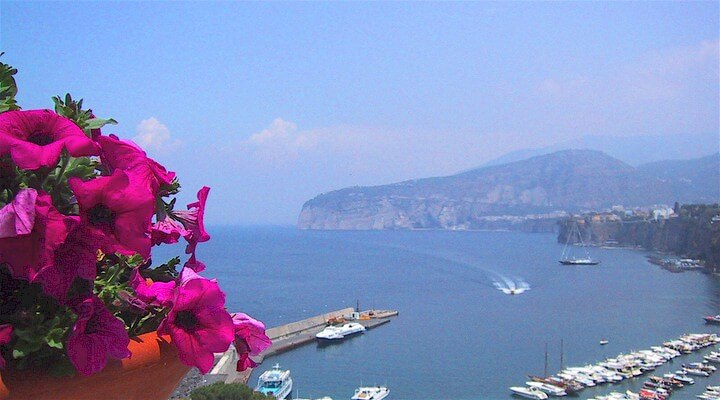 Sorrento Coast
Sorrento Coast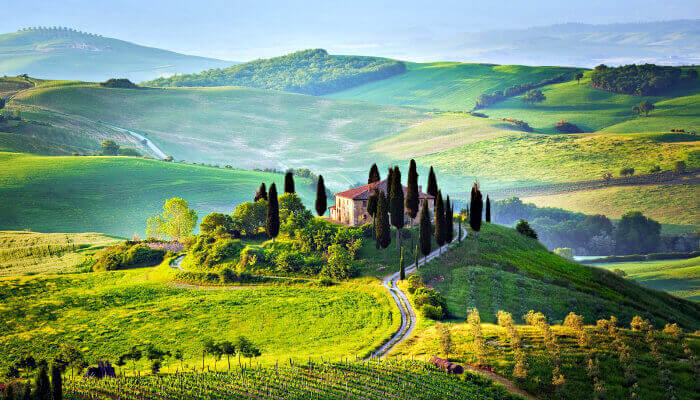 Tuscany
Tuscany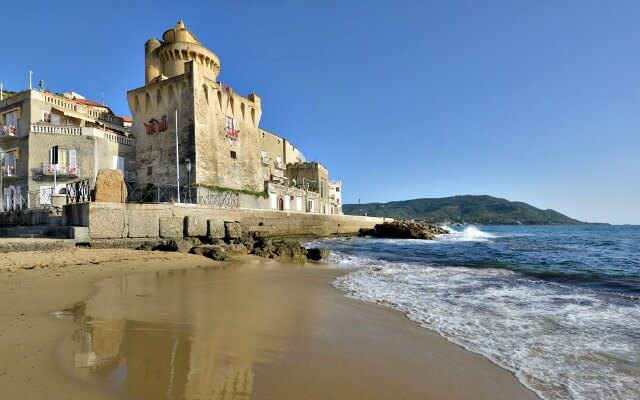 Cilento National Park
Cilento National Park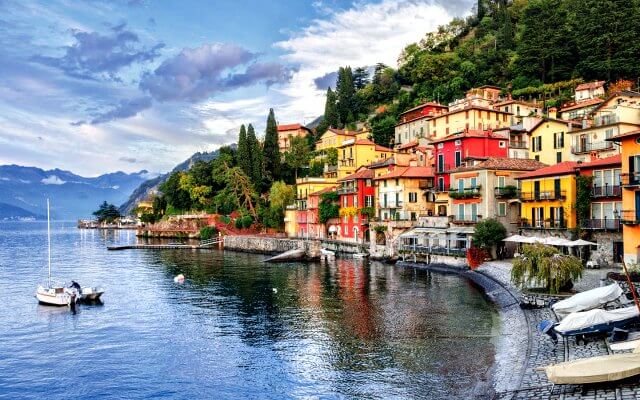 Lake Como
Lake Como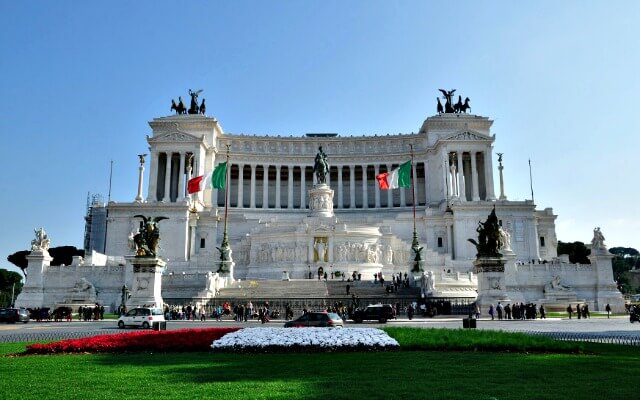 Rome and Latium
Rome and Latium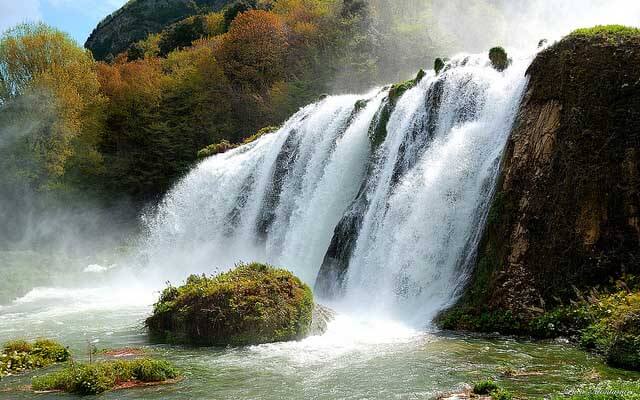 Umbria
Umbria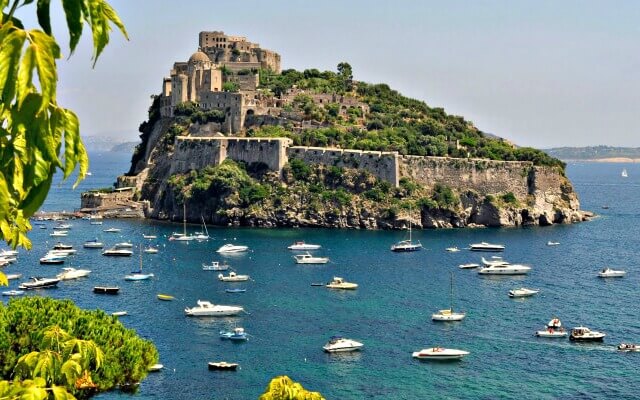 Capri and Ischia
Capri and Ischia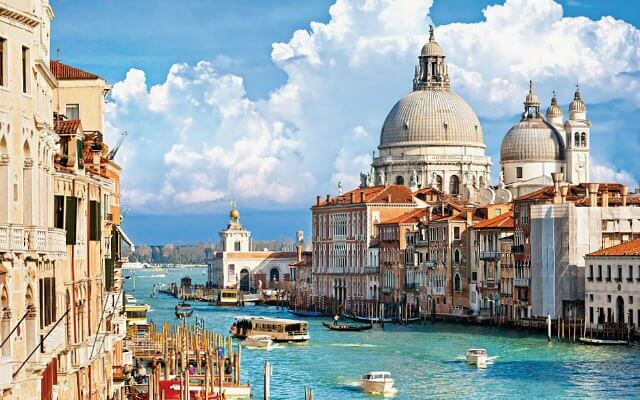 Venice
Venice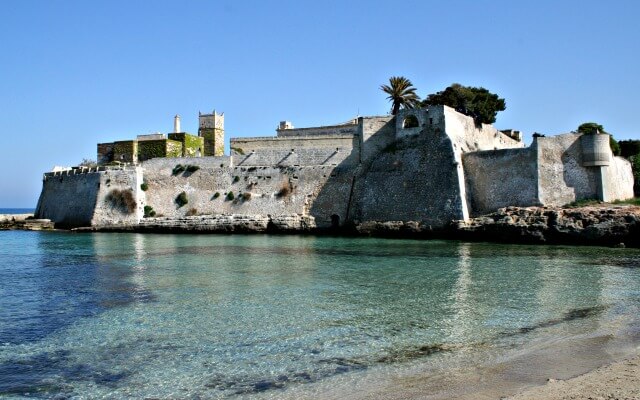 Puglia (Apulia)
Puglia (Apulia)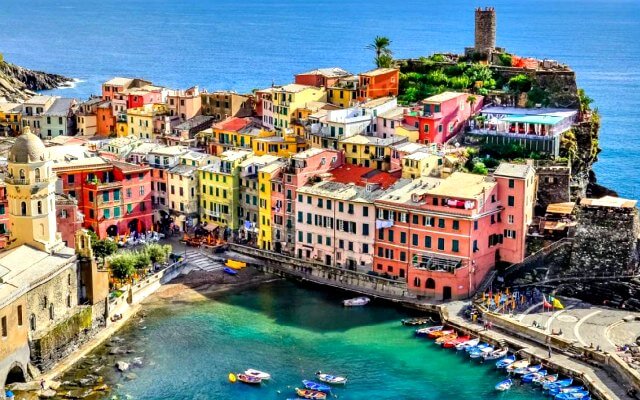 Liguria
Liguria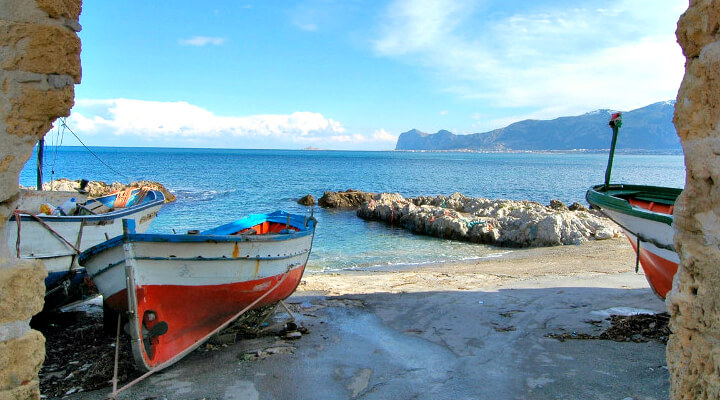 Sicily
Sicily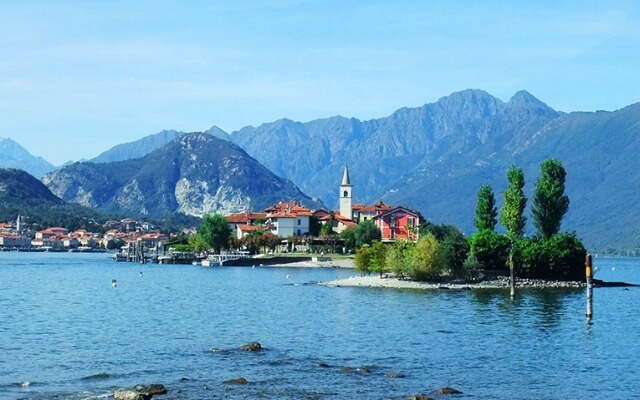 Lake Maggiore
Lake Maggiore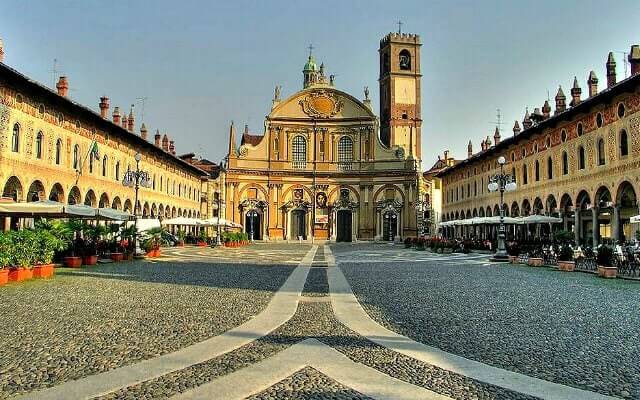 Lombardy
Lombardy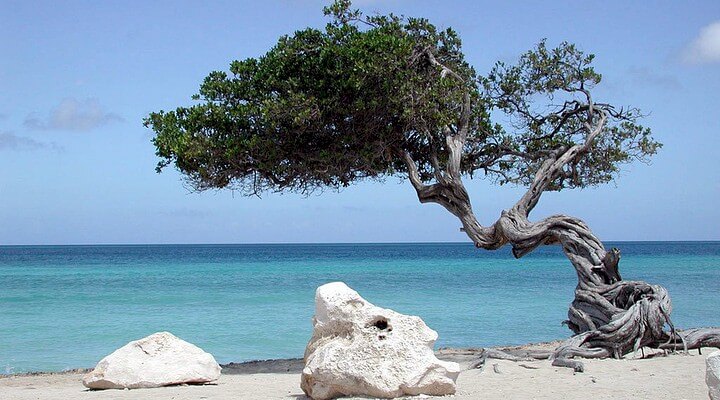 Sardinia
Sardinia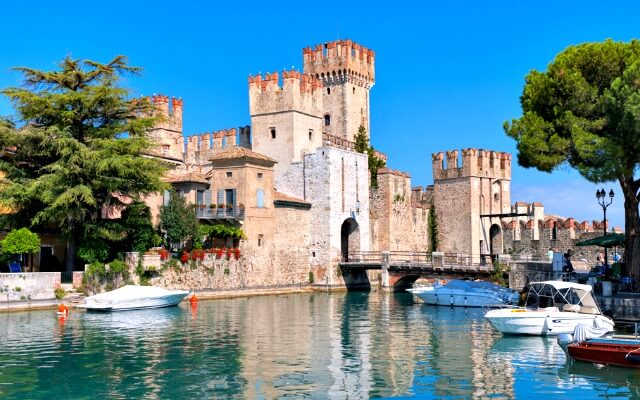 Lake Garda
Lake Garda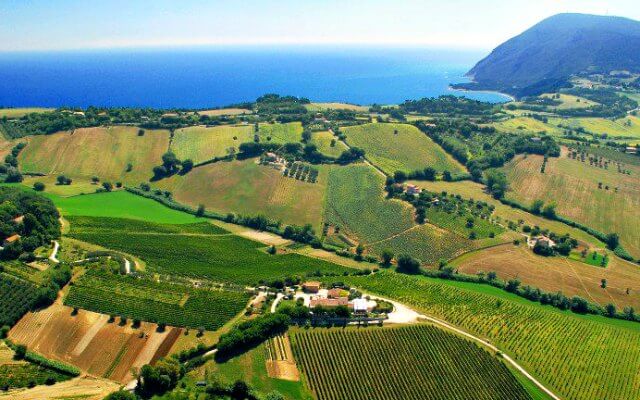 Abruzzo and Marche
Abruzzo and Marche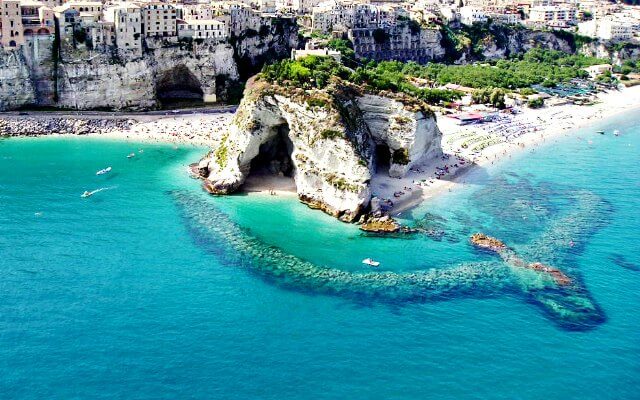 Calabria
Calabria

